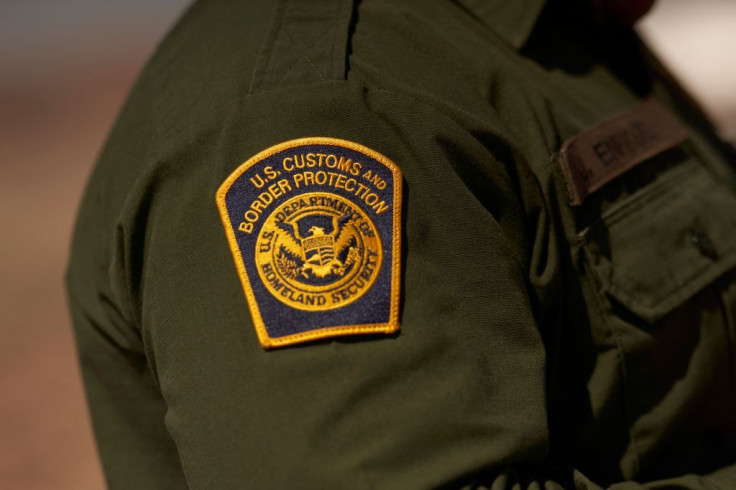
U.S. Customs and Border Protection (CBP) has agreed to a $45 million settlement in a case that saw the agency accused of discriminatory practices against pregnant officers, according to a statement released Tuesday by the employees' legal representatives. The settlement, which involves nearly 1,100 women, also includes commitments from CBP to implement reforms aimed at addressing and preventing such discrimination in the future.
The lawsuit, initially filed in 2016 with the U.S. Equal Employment Opportunity Commission (EEOC), claimed that CBP routinely assigned pregnant officers and agriculture specialists to light duty without offering them the option to remain in their current roles, even with accommodations.
This practice, according to the complaint, resulted in significant career setbacks for the affected women, including the loss of overtime, evening, and Sunday pay, as well as opportunities for advancement. Additionally, those placed on light duty were required to relinquish their firearms, which often necessitated requalification upon returning to full duty.
A press release revealed by Roberta Gabaldon, lead plaintiff in the case, details the extent of the discrimination:
"Announcing my pregnancy to my colleagues and supervisor should have been a happy occasion — but it quickly became clear that such news was not welcome. The assumption was that I could no longer effectively do my job, just because I was pregnant. It was traumatizing, frustrating and demoralizing. My managers don't get to start making decisions for me just because I'm pregnant. This policy was never about our abilities – it was about the agency's outdated views on pregnancy."
Though CBP has not commented on the settlement, ABC News reported that the agency had previously contended that assigning pregnant women to light duty was a standard policy, suggesting instead that any issues were isolated to a few offices, rather than being an agency-wide practice. However, a judge last year certified the case as a class action, paving the way to Tuesday's settlement.
As part of the settlement, CBP will now operate under the presumption that pregnant employees are capable of performing their duties unless proven otherwise. The agency is also required to provide reasonable accommodations, such as ensuring the availability of uniforms for pregnant workers, and to conduct training on the proper implementation of its light duty policy.
Last week, CBP was tagged with another lawsuit by a landowner in Texas who claims the agency is trying to take his property for new border wall construction. Luera's lawsuit seeks enforcement of a prior court order from 2021 that deemed the property belongs to him. He also seeks "just compensation through inverse condemnation" for the taking of his property.
© 2024 Latin Times. All rights reserved. Do not reproduce without permission.







